#UtilityVans
Report: GM to Replace Chevrolet Express, GMC Savana with EVs in 2026
Word on the street is that General Motors will be discontinuing its existing full-size vans to make way for electrified alternatives. While the gut reaction may be to recoil in disgust at the very premise that Euro vans would dare usurp the rightful place of one of the most venerable working vehicles in North America, it might be worth remembering that the Ford Transit has managed to supplant the Econoline/E-Series rather effectively.
Could Minivans Become Popular Again?
While often derided as highly unfashionable, minivans really are the Swiss Army knife of vehicles. They’re people haulers, cargo carriers, mobile campsites, and can even improvise as work vehicles for when a utility van (the Leatherman of vehicles) is unavailable. Minivans also drive more like cars than the brutes occupying the SUV and pickup segment, making them easier for some drivers to live with.
With vans having enjoyed a cultural renaissance during the 1970s, minivans hit the ground running in the mid-1980s and continued to swell in popularity until the millennium. By then, North Americans were buying an estimated 1.5 million minivans a year. But that’s also where society decided to apply the brakes. Sport utility vehicles and crossovers have effectively supplanted the van as the default family conveyance — though recent sales figures have suggested those dying flames are now being rekindled.
2023 Ram ProMaster Stepping Up Its Game
Utility vans are fantastic vehicles, though many people still walk the Earth tragically untouched by the divine knowledge of unparalleled versatility. They see vans un-sexily driving about in their basic hues with nothing to gawk at, having clearly forgotten it’s what’s on the inside that counts. But Ram is throwing them a bone with the revised 2023 ProMaster by giving the formerly ugliest small van a complete makeover.
That means updated headlamps and a revised front fascia that makes the vehicle look more like the kind of vehicle European terrorists might use in an action flick, rather than some wide-eyed fish. Though there is also a gaggle of new technology inclusions and meaningful configurations designed to make the van better suited to individual needs/tastes — showing that style and substance don’t need to be mutually exclusive.
2022 Ram ProMaster Receives Technology Boost
While the Ram ProMaster vans may be a few steps behind their rivals in terms of towing, it’s quite competitive when you stick to the more basic trims. The ProMaster shines brightest when left in its more basic configurations but gets left behind when you start cross-shopping something else and decide you’re willing to spend more money to get all-wheel drive, a larger cargo hold, or increased gross vehicle weight ratings (GVWR). Despite being a great option for budget-conscious delivery firms, tradesmen, or someone looking to DIY a recreational vehicle, the Ram can’t be optioned to spread its wings quite as broadly as its competitors.
However, the manufacturer is hoping to entice customers with several new tech inclusions for the 2022 model year, including an upgraded nine-speed transmission and a new dashboard.
General Motors Acknowledges Corpse of Chevrolet City Express
General Motors has officially confirmed the discontinuation of the Chevrolet City Express work van, which the automaker has sourced from Nissan since 2014. Its sister vehicle, the Nissan NV200, is one of the many vehicles you see serving as a replacement for the Ford Crown Victoria in New York City’s taxi fleet.
However, the City Express is a vehicle you’ve probably never noticed, as they don’t sell particularly well. General Motors moved 8,348 in the United States for 2017, which — believe it or not — was one of its better years. Meanwhile, Ford had a pretty mediocre year with its Transit Connect, managing only 34,473 deliveries. It looks like General Motors is willing to concede the segment to its Blue Oval rival as the NV200 soldiers on sans the Chevy badge.
2018 Mercedes-Benz Sprinter: Vantastically Evolved for Its Third Generation
Nobody knows why the custom van lifestyle ended. Despite the keep on truckin’ imperative, the 1970s ended and took those kaleidoscopic fun-wagons with it. Maybe the Baby Boomers grew up and decided to stop smoking weed in the back of large vehicles with words like “Vandy Apple” painted on the side so they could get a real job and start smoking weed at home.
Perhaps the trend simply passed and foreign-built economy cars were the next must-have item. All we know for sure is that it was a mistake.
Fortunately, vans have only gotten better since the ’70s ended. The objectively perfect minivan had its heyday when leisure travel vans still held a corner of the market. While not so popular anymore, the van’s unparalleled versatility has kept it a viable option for work fleets and individual private owners who want a jack-of-all-trades vehicle in the driveway.
Mercedes-Benz is hip to this, revealing its third-generation Sprinter with all the customizable variables one would expect. However, it’s also adding load of new technologies and hardware as part of the brand’s “adVANce” philosophy. That includes new internet integration, driveline configurations, and a forthcoming electric model. Does this amount to the most exciting model in Mercedes’ lineup?
Toyota TJ Cruiser May Reach Production If the World Proves Itself Worthy
Toyota is parading the TJ Cruiser concept around the Tokyo Motor Show, taking the public’s temperature on how it might be received as a production model. The vehicle itself is an amalgamation of a traditional sport utility vehicle and ultra-practical cargo van. With an emphasis of being simple, rugged, and sensible, it’s everything a specific subset of enthusiasts have been clamoring for.
We already hinted at our approval of the general idea with our own Tahoe Grande concept — a hypothetical model merging the dynamic features of Chevrolet’s Tahoe SUV and the unparalleled practicality of the family-friendly Dodge Caravan. It was pure sex and so is the Toyota TJ Cruiser, sagaciously speaking.



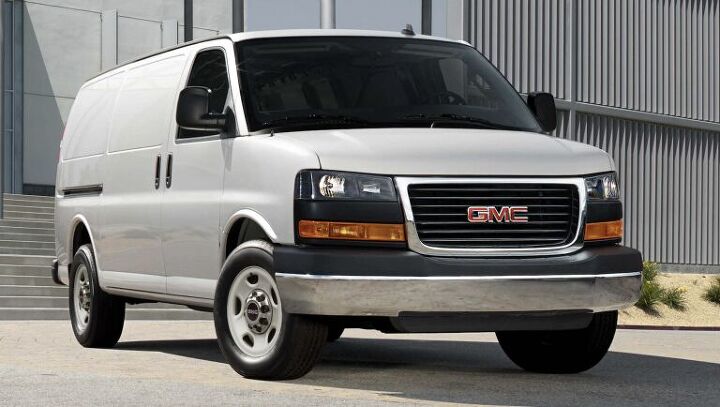
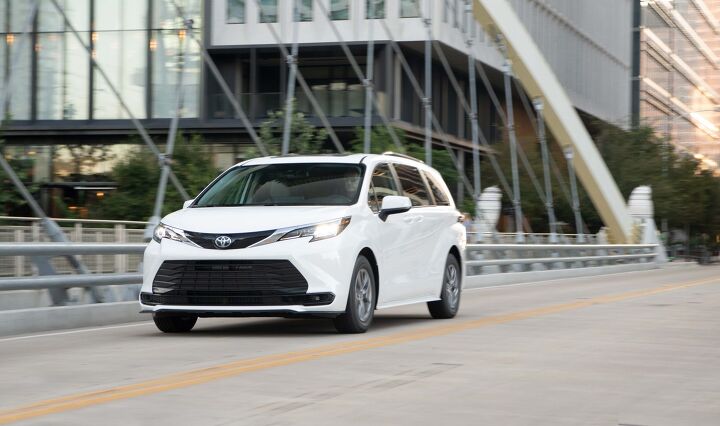
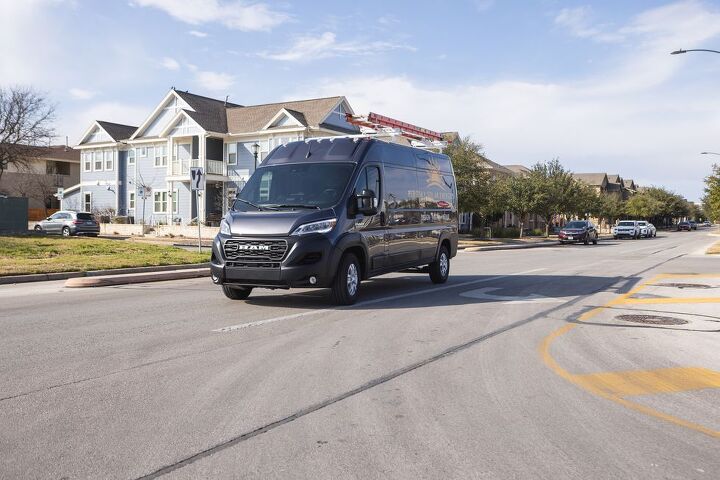
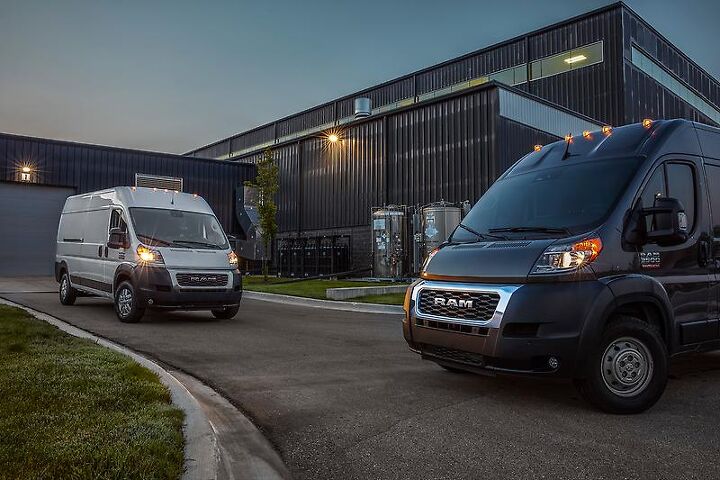
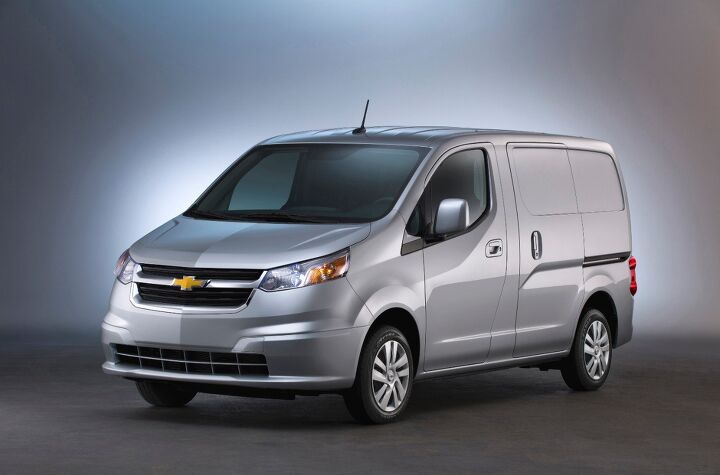














Recent Comments